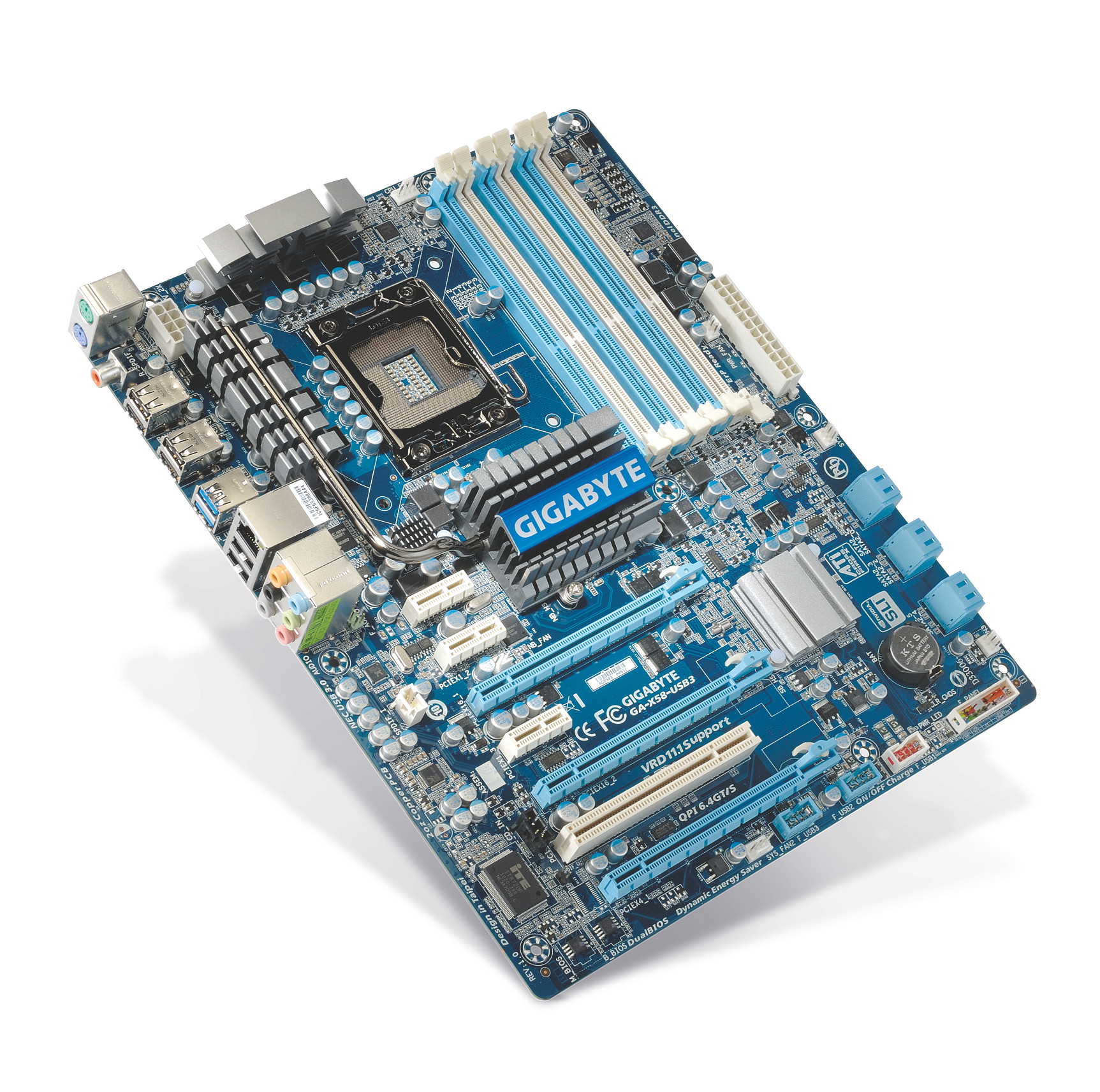Why you can trust TechRadar
With the impending Sandy Bridge platform set to replace the Lynnfield LGA 1156 range in the coming months, and considering the Nehalem platform's relatively elderly status, you'd be forgiven for thinking its days were numbered. And that's true – but we wouldn't be that pessimistic about the setup just yet.
After all, the X58 chipset is still overpowered for what the day-to-day user needs, being based on a server setup in the first place. The fact that now it's not that pricey a platform either, with boards like this arriving for just over a ton, you're getting a frankly insane amount of performance for a relatively small outlay.
And the performance you can get out of this budget board is incredible. We loved the P6X58D-E from Asus, but this board manages to just about outperform it when the clocks are identical. The performance increase is infinitesimal mind, but it's there.
You're not really sacrificing too much going for this 'budget' X58 board either. You've still got both CrossFire and SLI certification on the PCIe x16 lanes, and you're also getting full USB 3.0 support. What you are missing, though, is the advanced SATA 6Gbps interface.
Having said that, we prefer it this way round – the USB 3.0 interface offers an incredible advantage over the preceding USB version, and new devices using that tech, such as Kingston's DataTraveler Ultimate, are hitting the shops without a massive price premium.
SATA 6Gbps devices, though, aren't as prevalent, and don't offer as much of an advantage yet. Until there are more SATA 6Gbps SSD drives around for a decent price, it's not going to be a must-have interface.
The only place where the competing Asus P6X58D-E mobo beats this Gigabyte board is in the overclocking stakes. Still, the X58-USB3 does break the 4GHz mark without any voltage tweakery necessary, but the Asus board goes a little further.
But that's not why you buy a cheaper X58 board, and chances are most people picking up either board aren't looking to cook the chip at all. Stock performance is more than satisfactory for most of us.
So Gigabyte wins this round with a feature-packed and incredibly cheap X58 board. There's little sacrifice to hit this price-point, and a lot to gain.
We liked
At £124 it's an incredible price for the performance you can get out of it. While the Asus board beats it in the overclocking states it still managed over 4GHz with the cheapest Core i7.
We disliked
There's very little to dislike about the X58-USB3, the lack of SATA 6Gbps connections may become an issue once relevant SSDs become more prevalent and cheaper, but right now it's not that important.
Follow TechRadar Reviews on Twitter: http://twitter.com/techradarreview
Current page: Gigabyte X58-USB3 review: Conclusion
Prev Page Gigabyte X58-USB3 review: Benchmarks